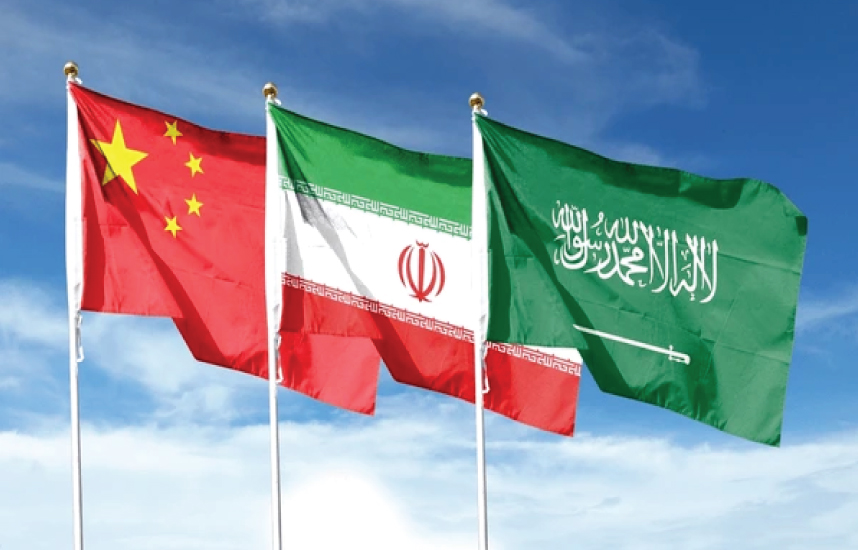335
Ripeness in the Middle East: Unpacking Iran-Saudi Arabia Rapprochement and China’s New-found Role
335



